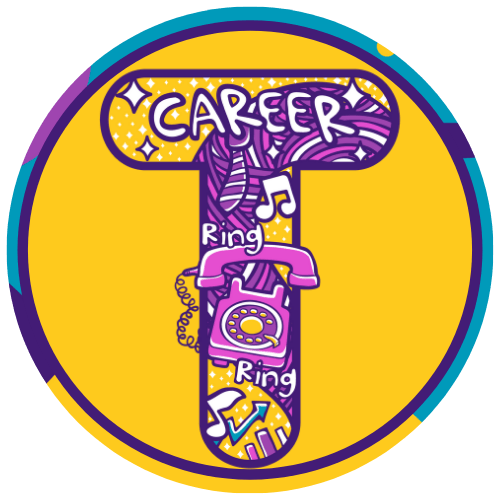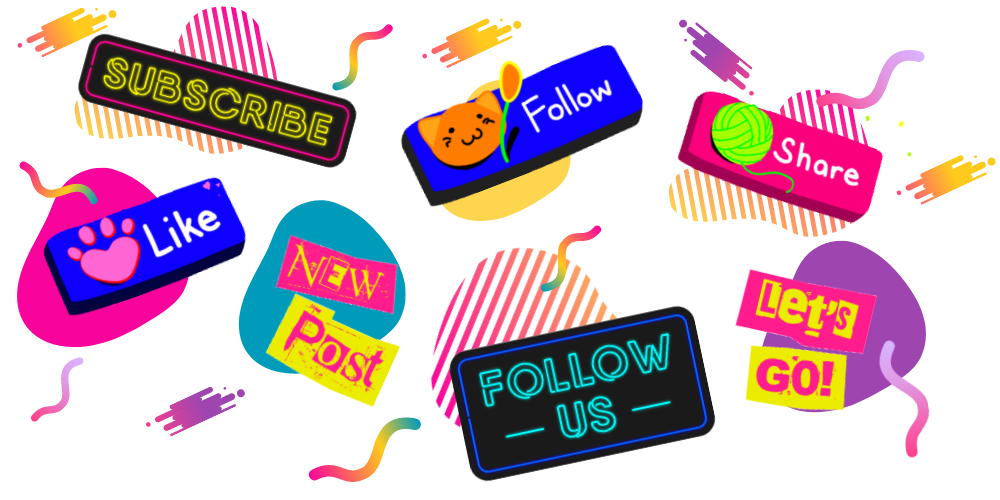10 Things You Should Delete from Your Resume
10 Things You Should Delete from Your Resume

Alright folks, here’s the lowdown on what you need to get rid of on your resume! Before you shoot it off to your dream job, take a moment to scrub these 10 things off your resume. Trust me, doing this will bring your most marketable accomplishments to the forefront instead of being hidden in the fluff!
Old Jobs That Don’t Add Value
If it’s been ages or the job doesn’t align with your current goals, it’s time to say goodbye.
Don’t let irrelevant experience devalue the real accomplishments that set you apart from the competition. Keep your resume focused and relevant to the job you’re applying for.
Irrelevant Skills
A resume that is full of skills and responsibilities that have nothing to do with the position you are applying for comes off as if you are applying to every open position that is accepting resumes. You come off as unfocused and unqualified for the role.
Clichés and Buzzwords
Don’t let your resume blend in with the rest. Avoid overused phrases like “detail-oriented” or “team player.” Honestly, the overuse of these buzzwords has made them irrelevant. Instead, give concrete examples of your skills and experiences, including quantitative data where applicable.
Objective Statements
Get rid of the objective statement. It is understood that if you are applying for a position, you are looking for employment. It takes up unnecessary space without adding any real value. Replace it with a career summary, which outlines your top accomplishments and the value you can bring to an organization.
Generic Descriptions
No one wants to read your summarized version of the job description in bullet point format. Instead of regurgitating tasks and responsibilities by using vague phrases like “highly motivated,” show potential employers what makes you unique through the outcomes of your performance and your accomplishments in your current and past roles.
Personal Information
There is no need to list your address, hometown, or any other personal identifying information that you wouldn't want a random stranger to have access to, especially if you are posting your resume online for public view. The last thing you want is someone to have access to your DOB and address just by browsing the internet. Scary!
Long Paragraphs
Keep it concise and easy to read. Use bullet points or short paragraphs to make your resume more scannable for employers. No one has the time or patience to read through lengthy paragraphs to find the information they need. Make it easy for them to see your accomplishments and skills at a glance.
Meaningless Hobbies
Unless your hobby adds value to the job you are applying for, leave it off your resume. This is not a dating site; employers want to know about your relevant skills and experiences, not that you enjoy long walks on the beach. It takes unnecessary space that could be used for marketable experiences related to the job!
Lies & Embellishments
Don’t even think about embellishing or flat out lying on your resume. It will come back to haunt you. Employers will do background checks, and they will verify your information. Not to mention, lying on a resume is unethical and can damage your professional reputation. Be honest and highlight your genuine accomplishments and qualifications.
References
There is no need to list references on your resume. This takes up valuable space that could be used to highlight your skills and experiences. I advise saving the reference list for when the employer actually requests it. Plus, you want to make sure you have informed your references beforehand and have given them a heads up that they may be contacted.
**Bonus**
Typos and Grammar Mistakes
Seriously. Proofread. Then do it again, or better yet, get a friend to help out. Typos and grammar mistakes are a major red flag for employers. It shows a lack of attention to detail and can make you appear careless or lazy. Take the time to ensure your resume is error-free before submitting it. It could be the difference between getting an interview or getting rejected.
Unprofessional Email Addresses
Get rid of "BrownSugar55@email.com and "CuteKittenLover88@email.com” It does not scream, “Hire me!” It comes off as very unprofessional and juvenile. Use something simple and direct, like your name. It's easy to remember, and it says you mean business.
By giving your resume a good declutter, you’re not only making it shine, but you’re also ensuring every word on that paper earns its keep. Keep them in mind and go confidently into your job search, knowing your resume is shining bright. Now, go give that resume another once-over and make it the lean, mean, job-securing machine it deserves to be! You've got this!
At the end of the day, the day is going to end! 🚀Happy job hunting!
Are you a Shaker, Mover, or Doer, Join our network!
Need assistance revising your resume or even a quick resume review? We can help... Grab our Resume + LinkedIn Review to get a customized approach to meet your resume needs.
Sound Off 📢 What are some additional items that should be deleted from a resume?
Be Kind & Share! 💌
About the author
Bridget Baggett is a Career Strategist and a Diversity Consultant that assist professionals with their career journey. She helps career-oriented professionals navigate the competitive workforce by setting attainable career goals that lead to gainful employment, promotions, salary increases, and meaningful career changes. She is the founder of the Twisted Career Society, a network of professionals that inspires, educates, and innovates the global workforce








